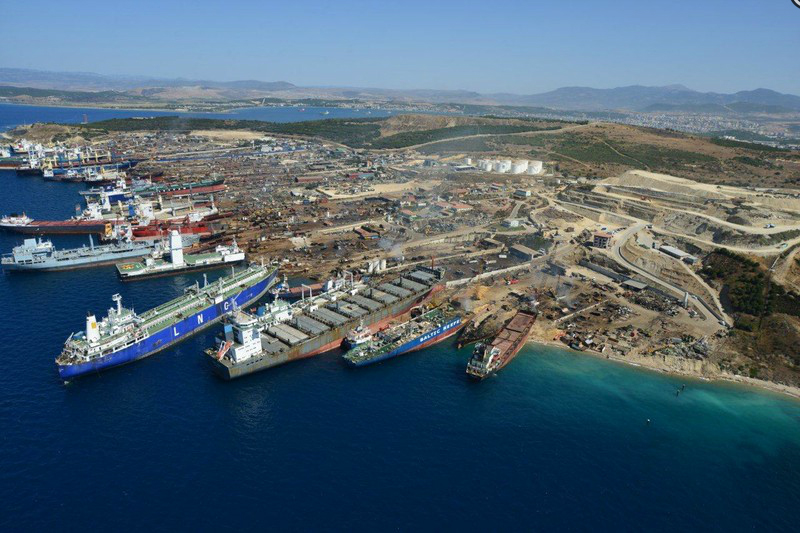A report commissioned by BIMCO shows that while the EU list of approved ship recycling facilities continues to grow, new additions have not added significant capacity to meet the demands of the global shipping industry. Therefore, BIMCO believes focus must shift towards adding facilities outside of the EU. The report also shows that the EU audit system works as intended for non-EU recycling facilities.
The “Report on the European List of Ship Recycling Facilities”is the 3rd edition by Marprof Environmental Ltd and was first commissioned by BIMCO in 2019, followed by the 2nd edition in 2020. The 3rd edition confirms that so far, the inclusion of non-European ship recycling facilities on the EU list has provided limited potential for large scale recycling.
EU member state facilities, in general, provide either bespoke local solutions to a niche recycling market or are focussed on offshore decommissioning. This means they are not dedicated to the recycling of large ocean-going ships and therefore do not have sufficient capacity. This leaves Turkey as the only major ship recycling nation contributing significant capacity to the EU List, the report shows.
“Today, there are still no facilities from the main recycling states such as India, Bangladesh or Pakistan included on the EU list to meet the demand for recycling of larger ships. Many yards have made significant efforts toward upgrading their facilities. We believe focus on getting some of these facilities added to the list should be increased if they meet the standards of the Hong Kong Convention, which we believe should be ratified as soon as possible,” says BIMCO’s Secretary General and CEO, David Loosley.
The report also highlights that the strategic importance of ship recycling within the overall strategy of the EC is becoming increasingly clear and important. According to the EC, the “European New Green Deal” and the supporting circular economy are core elements of its attention and spending for the foreseeable future.
“BIMCO agrees there is significant potential for the ship recycling industry to contribute to the circular economy, as it supplies large quantities of scrap metal to the steel and iron industries, thereby reducing the need to produce primary metals. A study commissioned by the World Bank in 2009 found that Bangladesh satisfied 50% of its steel needs from national ship recycling, to take an example,” says Loosley.
As the 3rd edition of the “Report on the European List of Ship Recycling Facilities” was going to publication, a September 2022 draft of the EU List was published, testifying to two ship recycling facilities in Türkiye being removed from the list due to failings.
BIMCO is pleased to note that the EU audit system is working as intended in identifying failings in the auditable systems and react with punitive actions if needed. Source : BIMCO, Mette Kronholm Fraende. Photo of Aliaga shipyard: Ship Recyclers’ Association of Turkey


